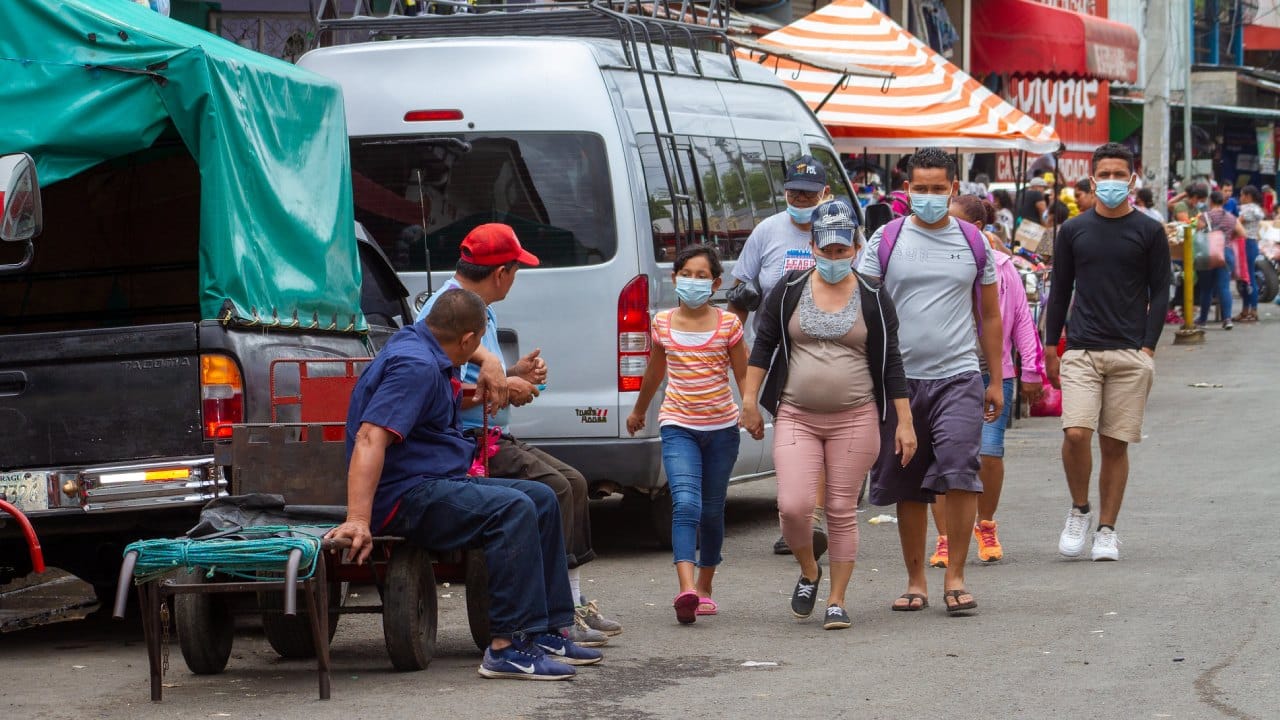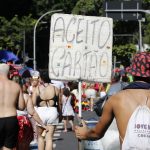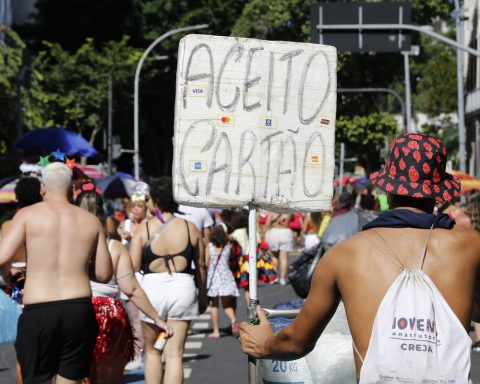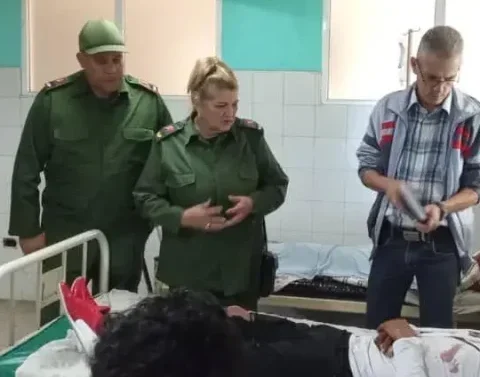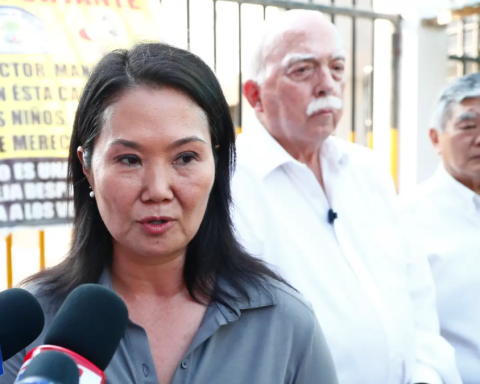In 2023, Nicaragua will have the lowest “covid budget” of the entire pandemic. As detailed in the General Budget of the Republic, the regime will allocate only 1034 million córdobas to combat covid-19. This figure is 62.6% less than what was assigned in 2022 and 85% less than in 2021.
During the first year of the pandemic, the Ortega government allocated 3,966.5 million córdobas for spending generated by covid-19. In 2021, it rose to 6,934 million córdobas, with the acquisition of loans, and in 2022 the amount was reduced to 2,769 million. These funds had a slow implementation.
For this fourth year of the pandemic, the budget allocation is even lower. However, it could grow with the disbursement of external loans such as the one granted by the World Bank for purchases of vaccines, medicines, cold chain. This loan was approved in June 2022, but has not yet been disbursed.
Of the 1,034 million córdobas of this 2023, some 707 million were designated to the Ministry of Health (Minsa), which will be distributed to disease prevention programs, first-level comprehensive care, and hospitals.
The Ministry of Finance and Public Credit (MHCP) was assigned 289 million córdobas that will be used in the sanitary equipment projects of the Silais laboratories in Rivas and Managua, expansion of the emergency area of the hospitals: Alemán Nicaraguan, Amistad Japón , Humberto Alvarado, Manolo Morales and the construction of the intensive care unit of the José Nieborowski hospital, in Boaco.
The Nicaraguan Army will also receive “covid funds”. They will give you some 39.2 million for pandemic care, these come from Treasury Income, but the Budget does not specify what they will be used for.
Epidemic peak in December
Although the number of infections, hospitalizations, and deaths from covid-19 dropped considerably in 2022, outbreaks are still occurring in the country. Last December, the Minsa admitted in its weekly reports —which have a high percentage of underreporting— an increase in positive cases.
In that month, a total of 237 positive cases accumulated, this number of infections is almost three times higher than the 90 reported in November and almost double those reported in October. However, according to the Minsa, since July 2022 there have been no deaths from this cause.
In total, Nicaragua accumulates 20,495 positive cases, of which 15,147 would have been recovered and 245 deceased, according to Minsa reports. However, journalistic investigations of CONFIDENTIAL and international excess mortality analyzes show a high percentage of underreporting in terms of infections and deaths. A study by the World Health Organization (WHO) estimated more than 12,000 deaths from covid-19 in Nicaragua, during the first two years of the pandemic.
Likewise, evidence of negligence on the part of the Ortega regime has been documented by not supplying vaccines, restricting personal protective equipment for health personnel, hiding the circulation of variants of concern and the opacity in the management of funds received for the pandemic.
The State assures that they have “intelligently, sensibly and successfully managed” the pandemic, “despite the ‘black heralds’, whose bad intentions we know, whose manipulations we know, whose inventions and fictions we know, whose falsehoods we have known and are defeating”, Rosario Murillo said this Tuesday, in her daily monologue.
The increase in covid-19 cases in recent weeks coincides with an increase reported internationally for the holidays. In Mexico, the Ministry of Health reported that in the last week of 2022 there were 30,333 new infections and 167 deaths. In mid-December, Costa Rica alerted its population about the increase in infections.
According to data from the Costa Rican Health Surveillance Directorate, for epidemiological week 50 —which covers December 11 to 17— a total of 5,190 cases and 13 deaths were reported, with an average of two deaths per day and the daily average. hospitalized was 99.
In China, where the virus that causes the covid-19 disease originated, there is a high wave of infections that has caused several countries to impose restrictions on travelers from that nation.
Key vaccination to end health emergency
This week, the director general of the World Health Organization (WHO), Tedros Adhanom Ghebreyesus, assured that “if worked properly, this will be the year in which the public emergency officially ends”.
“We are now entering the fourth year of the pandemic with a world that is in a much better situation than it was a few years ago, thanks to clinical care and the management of vaccines and treatments.”he said during the first press conference of 2023.
In addition, he added that despite the progress “covid-19 is still a dangerous virus”since every week some 10,000 people continue to die worldwide.
In Nicaragua, vaccination against covid-19 with a complete scheme reached 88.7% of the population, according to data shared by Minsa with the Pan American Health Organization (PAHO). However, these figures were inflated with the number of booster doses and the application of new schemes, this caused that there are citizens with up to five vaccines applied in less than a year.
In total, the country has received 18,219,520 vaccines against covid-19 of eleven types. 51.6% of these correspond to donations and the remaining 48.3% to purchases, most made from their political allies: Cuba and Russia. Of this number of doses, 12 million would have already been applied, 6.1 million as first doses and 5.9 as second doses.
